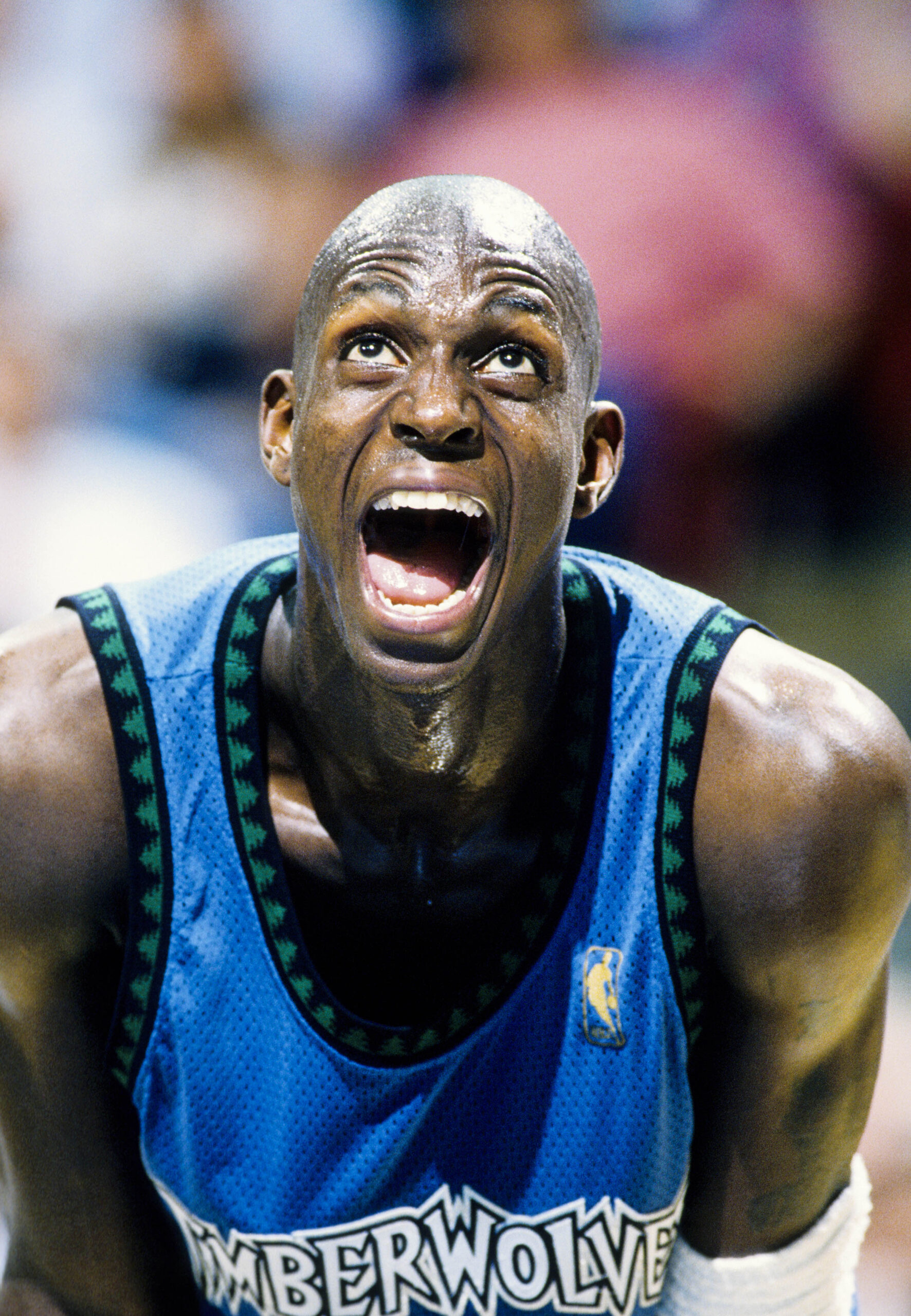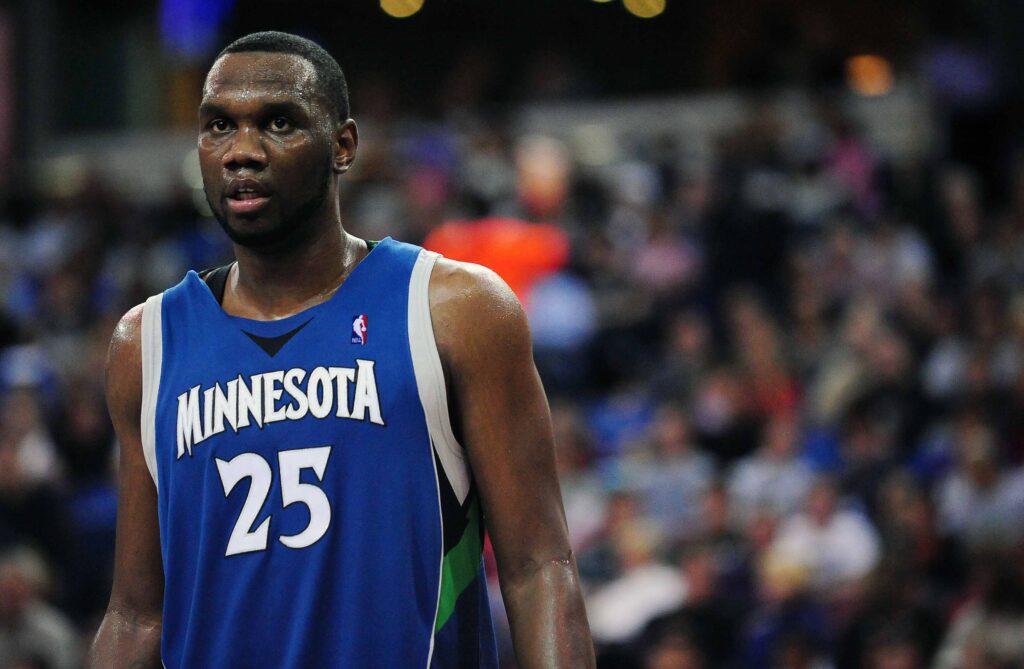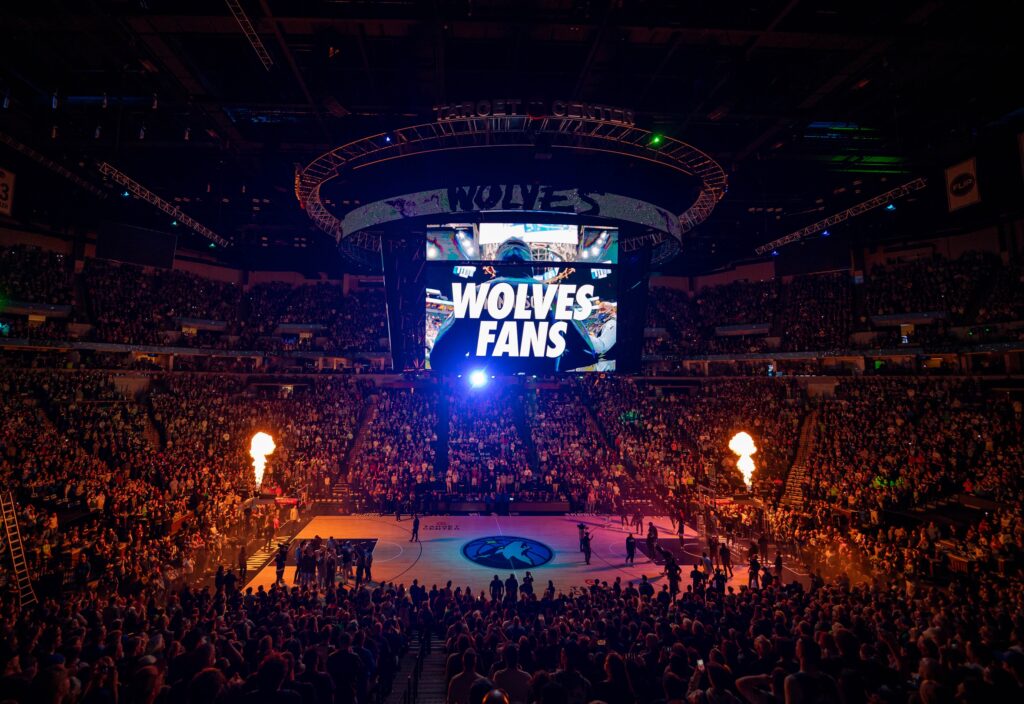Coming off the heels of what could potentially be one of the worst trades in NBA history involving Luka Dončić going to the Los Angeles Lakers and Anthony Davis heading to the Dallas Mavericks, it’s worth taking a look back at some of the worst trades in Minnesota Timberwolves history.
While many of the misfortunes of the Wolves’ doings can be blamed on drafting and keeping its superstars content, five trades stand out among the worst in franchise history.
Some fans may even throw in the Karl-Anthony Towns trade to the New York Knicks as one of the worst, but since that’s still fresh and yet to be completely played out, we’ll let time do its thing in determining where that transaction stands down the road.
Here are the five worst trades in Minnesota’s history:
5. Jimmy Butler (Trade No. 2)
Yes, both Butler trades could be considered bad with the outcomes. However, bringing Butler to Minnesota was the boost the franchise needed in ending its long playoff drought and start to turn the tide of momentum for the franchise as a whole.
With that being said, the ending of the Butler’s time in Minnesota was a stain on the franchise and the trade wasn’t anything to reminisce about. Butler — along with Justin Patton — was traded to the Philadelphia 76ers for Robert Covington, Dario Saric, Jerryd Bayless and a 2022 second-round pick. This makes the top five worst trades purely due to the experiment failing with Butler and the return didn’t leave much of an impact, as Covington only played 70 games for Minnesota, Saric for 68 and Bayless for 34.
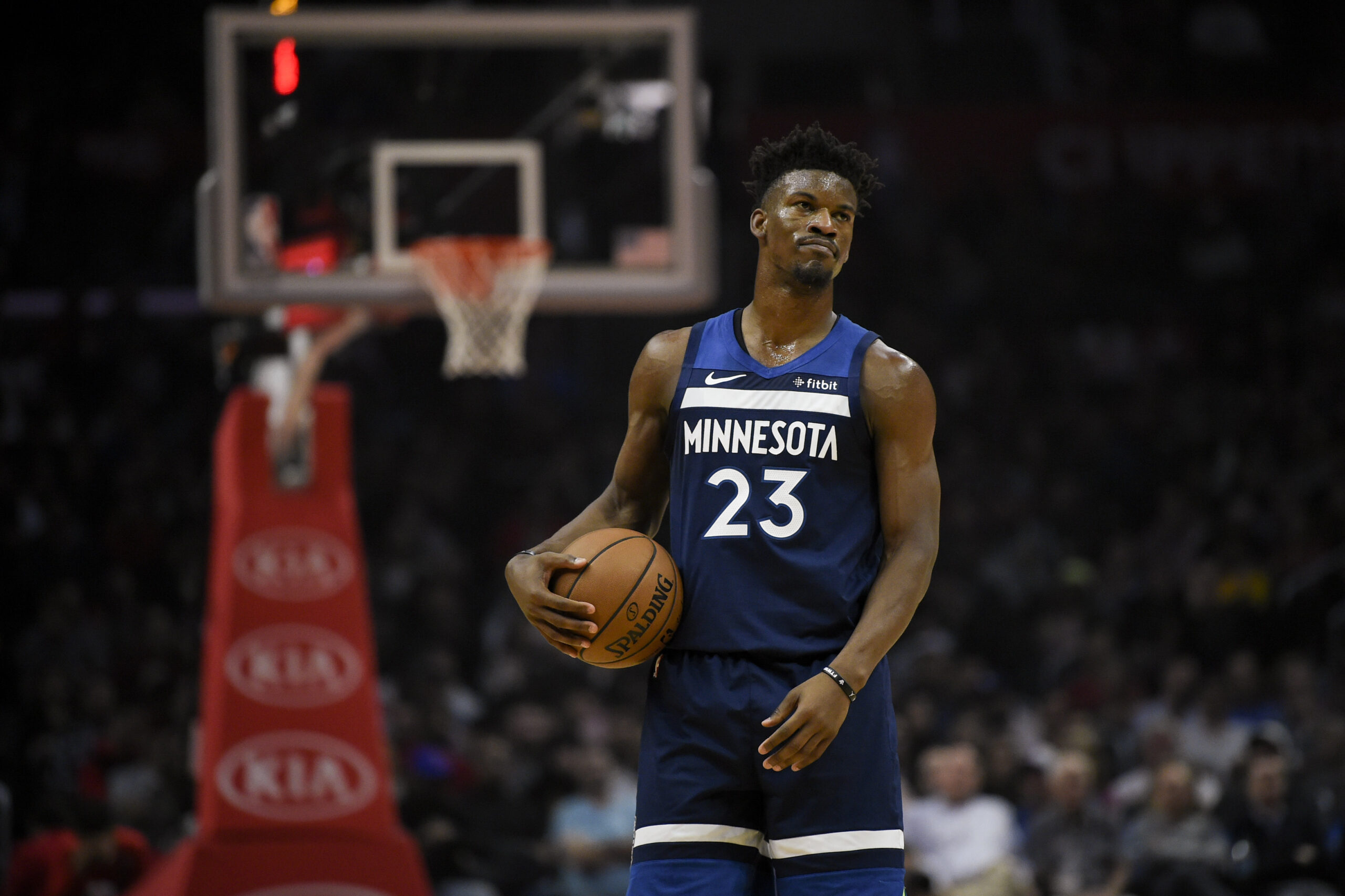
4. Christian Laettner
Keep in mind that everything is in hindsight, as we all know how Laettner’s career didn’t pan out to the level the Wolves thought when they drafted him No. 3 overall in the 1992 NBA Draft. The former Duke Blue Devil had his best season in a Wolves uniform his rookie year, averaging 18.2 points and 8.7 rebounds.
Similar to Butler’s situation in becoming disgruntled with the team, Laettner was traded during the 1995-96 season to the Atlanta Hawks for a return that was less-than-satisfying: Spud Webb and Andrew Lang. Webb, 32, and Lang, 29, were both nearing the end of their careers while Laettner was approaching his prime. To make matters worse, Webb (26) and Lang (20) appeared in a combined 46 games for Minnesota, with neither of them making much of an impact on the floor.
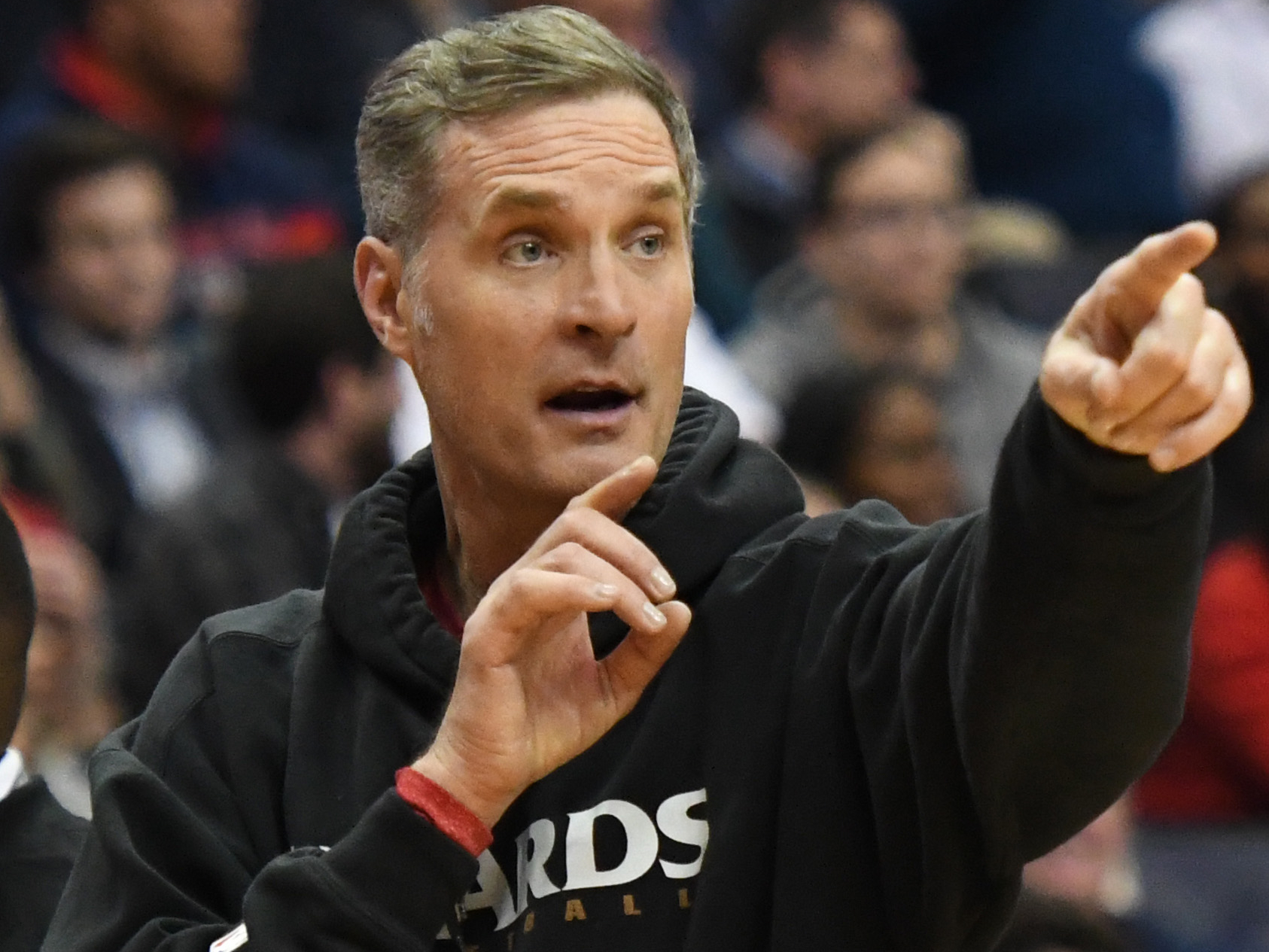
3. Al Jefferson
In what was supposed to be the daunting task of filling the shoes of the franchise’s best player in Kevin Garnett (more on that later), Jefferson was eventually dealt away for essentially nothing after being the best player on the team to build around for three seasons.
In 208 games with the Timberwolves, Jefferson averaged 20.1 points and 10.4 rebounds for Minnesota teams that compiled a combined record of 61-185 from 2008-2010. Following the conclusion of the 2010-11 season, Minnesota traded Big Al at age 25 to the Utah Jazz for two future late first-round picks and center Kosta Koufos. Jefferson went on to play eight more seasons in the NBA, one year where he finished eighth in MVP voting and was named to the All-NBA Third Team as a member of the Charlotte Bobcats during the 2013-14 season. Koufos played a total of 39 games with Minnesota, averaging 2.7 points and 2.5 rebounds per game.
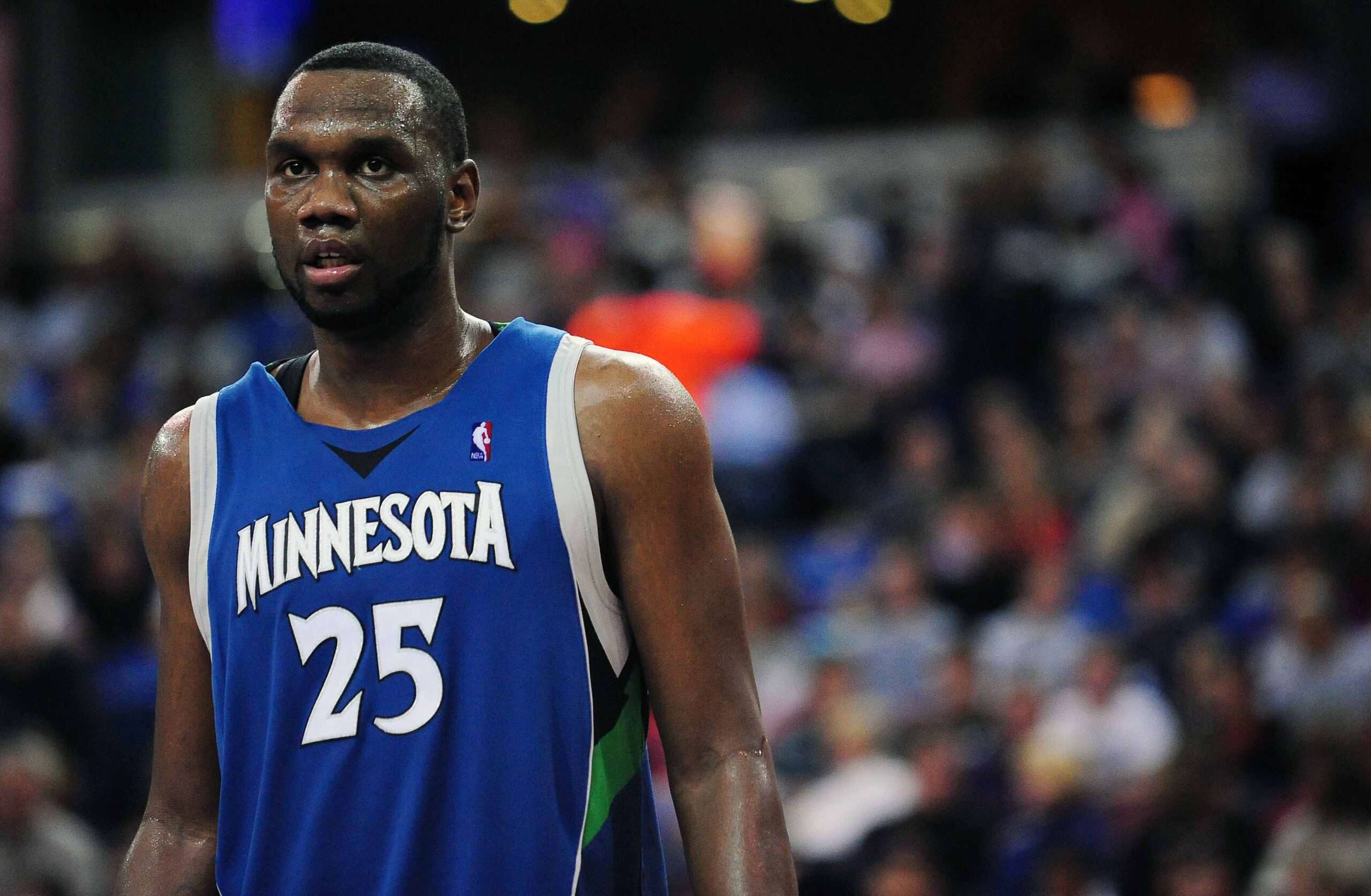
2. Ray Allen for Stephon Marbury
This is another instance of seeing it in hindsight, as Allen went on to become a Hall of Fame player while Marbury never fully lived up to the hype in the NBA. The Wolves’ guy all along was Marbury as the front office envisioned him to be a sidekick to Kevin Garnett.
Prior to the 1996 NBA Draft, the Milwaukee Bucks — who had the No. 4 overall pick — agreed that they would trade the draft rights of Marbury to the Timberwolves — who had the No. 5 overall pick — for Ray Allen and a future first-round pick. Marbury had a fine rookie season, in which he averaged 15.8 points, 7.8 assists, and 1 steal per game as he finished second behind Philadelphia’s Allen Iverson for Rookie of the Year. Marbury never made an All-Star appearance with Minnesota, while Allen went on to play in 10 All-Star games. This deserves a high ranking on this list as all Wolves fans can do is think where the franchise could’ve gone if Allen teamed up with Garnett instead.
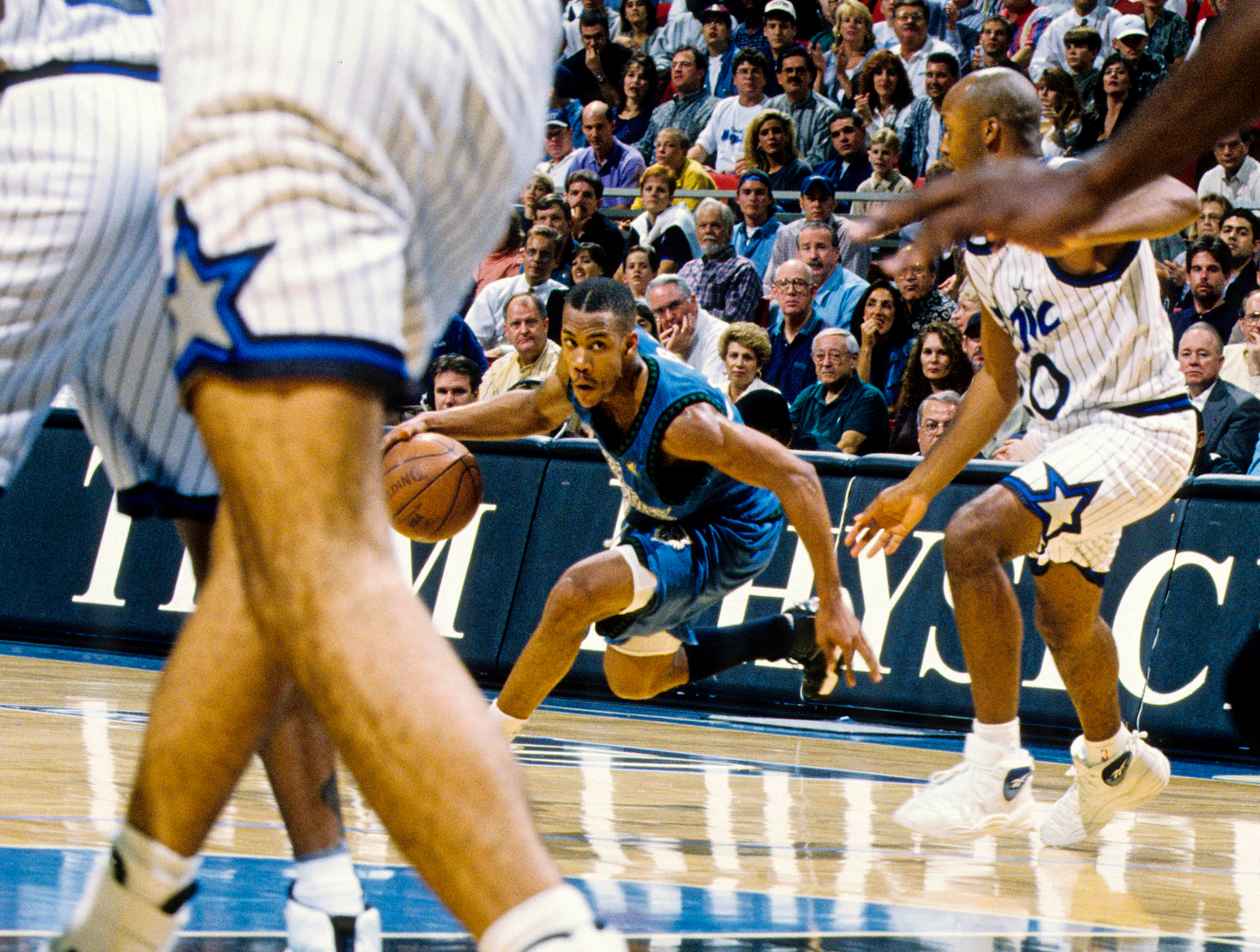
1. Kevin Garnett
In what’s still likely the darkest day in Timberwolves history, this takes the cake for worst trade in Minnesota’s professional basketball history.
The Big Ticket led the Wolves to eight consecutive playoff berths and became undoubtedly the greatest Timberwolves player ever. Garnett and Minnesota unfortunately hit their ceiling together in making it to the 2003-04 Western Conference Finals before losing to the Los Angeles Lakers in six games. An aging and injured roster plagued Minnesota the following season, as Garnett was never able to make it back to the WCF in a Timberwolves uniform.
On July 31, 2007, the Timberwolves traded the 2003-04 MVP to the Boston Celtics, for a return that plateaued the franchise for the most part. Aside from Al Jefferson developing into a solid player, the rest of the team’s acquisitions in the trade was for the most part average or below-average: Ryan Gomes, Sebastian Telfair, Gerald Green, Theo Ratliff, cash considerations, Boston’s 2009 first-round draft pick (top-3 protected) and the 2009 first-round pick which Minnesota traded to Boston in the Rickey Davis-Wally Szczerbiak trade of 2006. The two first round picks were used on guards Johnny Flynn and Wayne Ellington, two players who had forgettable times in Minnesota.
The aftermath of the Garnett trade resulted 11 consecutive losing seasons for Minnesota while Garnett won an NBA Finals with the Celtics.
